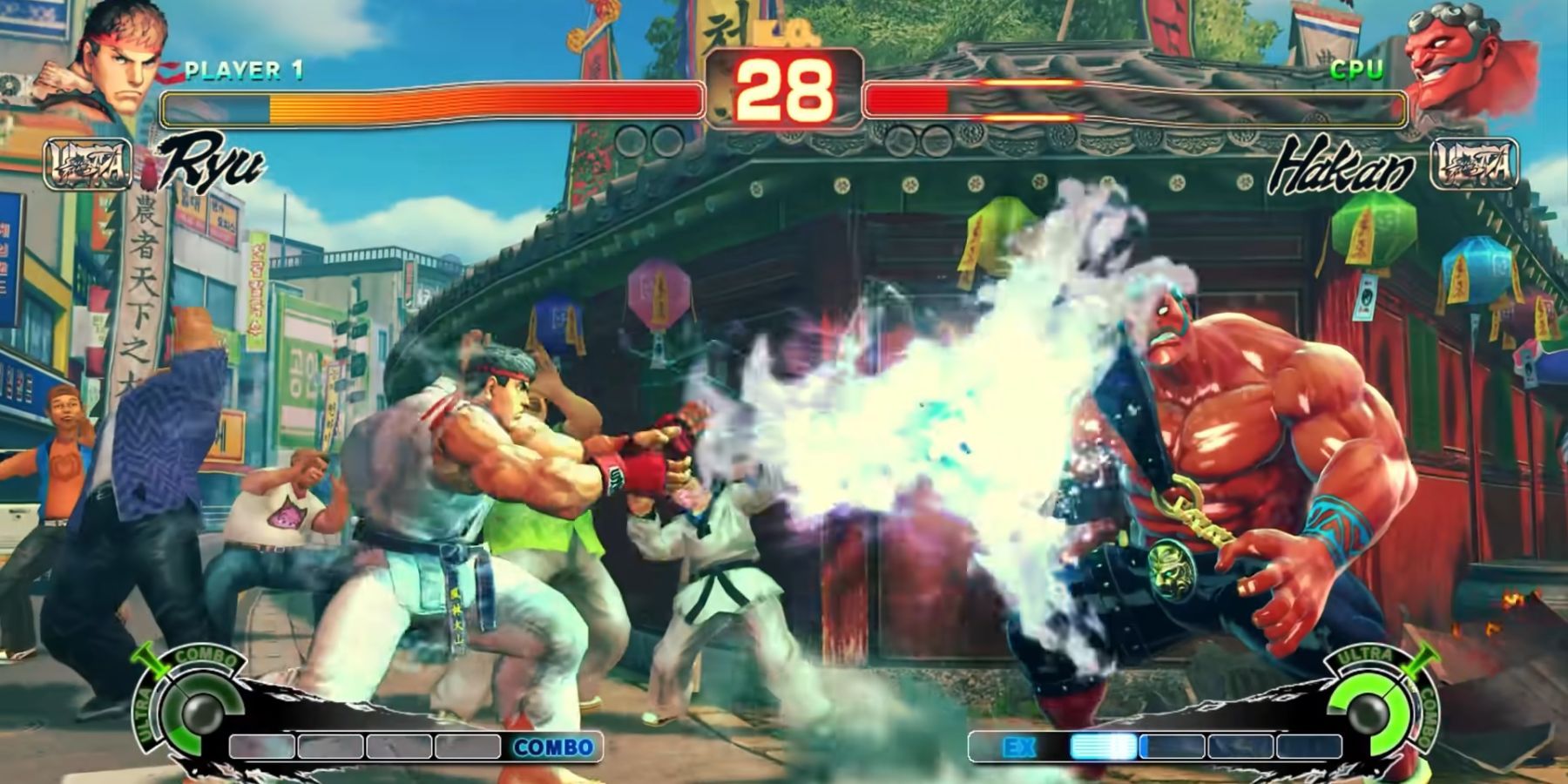Fighting Games: The Ultimate Showdown of Skill and Strategy
Fighting games represent a captivating genre in the realm of video gaming, where precision, reflexes, and strategic thinking converge in high-stakes combat. These games have evolved from simple pixelated duels into sophisticated platforms that demand a deep understanding of mechanics, character attributes, and psychological warfare. With iconic franchises such as Street Fighter, Mortal Kombat, and Tekken, the appeal of this genre extends far beyond casual play, drawing in competitive players who seek mastery over their craft.
The Evolution of the Genre
The origins of fighting titles can be traced back to the arcade era, where games like Street Fighter II revolutionized the gaming landscape. Players were introduced to a roster of diverse characters, each with unique abilities and move sets. This diversification led to the development of intricate gameplay mechanics, allowing for complex combos and strategies. Over the years, the genre has embraced technological advancements, resulting in enhanced graphics, realistic animations, and online multiplayer capabilities. The competitive scene has also flourished, with tournaments attracting participants from all corners of the globe, further solidifying the genre’s significance in the gaming community.
Mastering Complex Mechanics
At the heart of these games lies a rich tapestry of mechanics that players must master. Each character is imbued with distinct strengths, weaknesses, and special moves, necessitating a comprehensive understanding of their capabilities. Players often engage in extensive practice to perfect their timing, execution, and combo chains. This dedication is essential, as the ability to seamlessly transition between attacks can mean the difference between victory and defeat. The most adept players analyze frame data and exploit openings, honing their skills through relentless practice and strategic planning.
Strategy Over Reflexes
While quick reflexes are undoubtedly an asset in fighting games, strategic thinking is the cornerstone of success. Players must anticipate their opponent’s moves, creating a mental chess match that unfolds in real time. High-level gameplay requires an acute awareness of spacing, timing, and the ability to read the opponent’s intentions. Each match is a delicate balance of offense and defense, where players must weigh the risks and rewards of each action. Mastering the art of baiting and punishing opponents can lead to devastating victories, showcasing the strategic depth of the genre.
The Thriving Competitive Scene
The competitive landscape of fighting games has grown exponentially over the years, with major tournaments like Evo and Capcom Cup serving as the pinnacle of achievement for many players. These events not only showcase individual talent but also foster a sense of community among players and fans alike. The dedication and passion within this community are palpable, as players share strategies, engage in friendly rivalries, and celebrate each other’s accomplishments. The rise of streaming platforms has further amplified the visibility of these tournaments, allowing spectators worldwide to witness the electrifying action unfold.
Mental Fortitude
In the world of fighting games, mental fortitude is as crucial as technical skill. High-stakes matches can induce immense pressure, requiring players to maintain composure in the face of adversity. A single mistake can shift the tide of battle, leading to devastating consequences. Successful competitors cultivate resilience, learning to recover from setbacks and adapt to the ever-evolving dynamics of their opponents. The psychological aspects of gameplay, including bluffing and mind games, add an additional layer of complexity, demanding a keen understanding of both one’s own strengths and those of the adversary.
The Future of Fighting Games
As technology continues to advance, the future of fighting games appears bright. Innovations such as augmented reality and virtual reality hold the potential to redefine the player experience, immersing individuals in unparalleled combat scenarios. Additionally, ongoing developments in artificial intelligence may lead to more sophisticated training modes, enabling players to hone their skills against highly adaptive opponents. Despite these advancements, the essence of the genre will remain rooted in its core principles: skill, strategy, and the relentless pursuit of improvement.
In conclusion, fighting games offer an intricate blend of skill, strategy, and community engagement. Their evolution from arcade classics to a global competitive phenomenon underscores their enduring appeal. Players are drawn to the genre not only for the adrenaline-fueled action but also for the mental challenges it presents. As technology continues to evolve, the future of this genre remains promising, with endless possibilities for innovation and growth. The ultimate showdown of skill and strategy will undoubtedly continue to captivate audiences and shape the landscape of video gaming for years to come.




